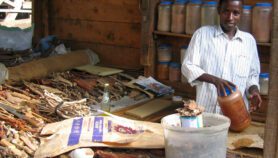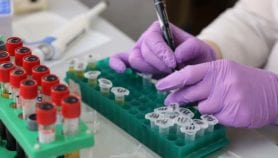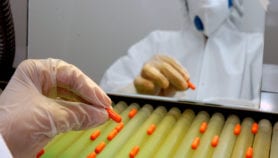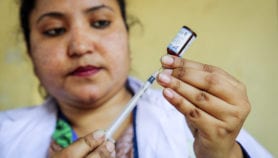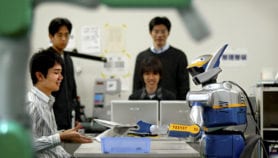Send to a friend
The details you provide on this page will not be used to send unsolicited email, and will not be sold to a 3rd party. See privacy policy.
Two recent events appear to contradict the European Union’s stance on the intellectual property needs of developing countries. On the one hand Pascal Lamy, chief of trade policy at the European Commission, has been trying to convince the world that the EU is sympathetic to the rights of Third World farmers, particularly on the issue of saving seeds.
But last month, a new bilateral agreement between the EU and Lebanon entered into force, which requires the latter to join the convention of Union for the Protection of New Plant Varieties (UPOV) within the next four years, an agreement that gives patent-like rights to plant breeders working in the formal seed industry.
In this article, the non-governmental group Genetic Resources Action International (GRAIN) argues that if this is championing farmers’ rights then something is very wrong. They say that: “Quite hidden from its media charms, the EU is aggressively forcing developing countries to adopt the strictest intellectual property rules on seeds that are possible”.
They urge the EU to stop imposing so-called ‘TRIPS-plus’ measures on developing countries — referring to the World Trade Organisation’s agreement on Trade Related Aspects of Intellectual Property Rights — which they call “bilateral wheeling and dealing”.
Link to full GRAIN article





